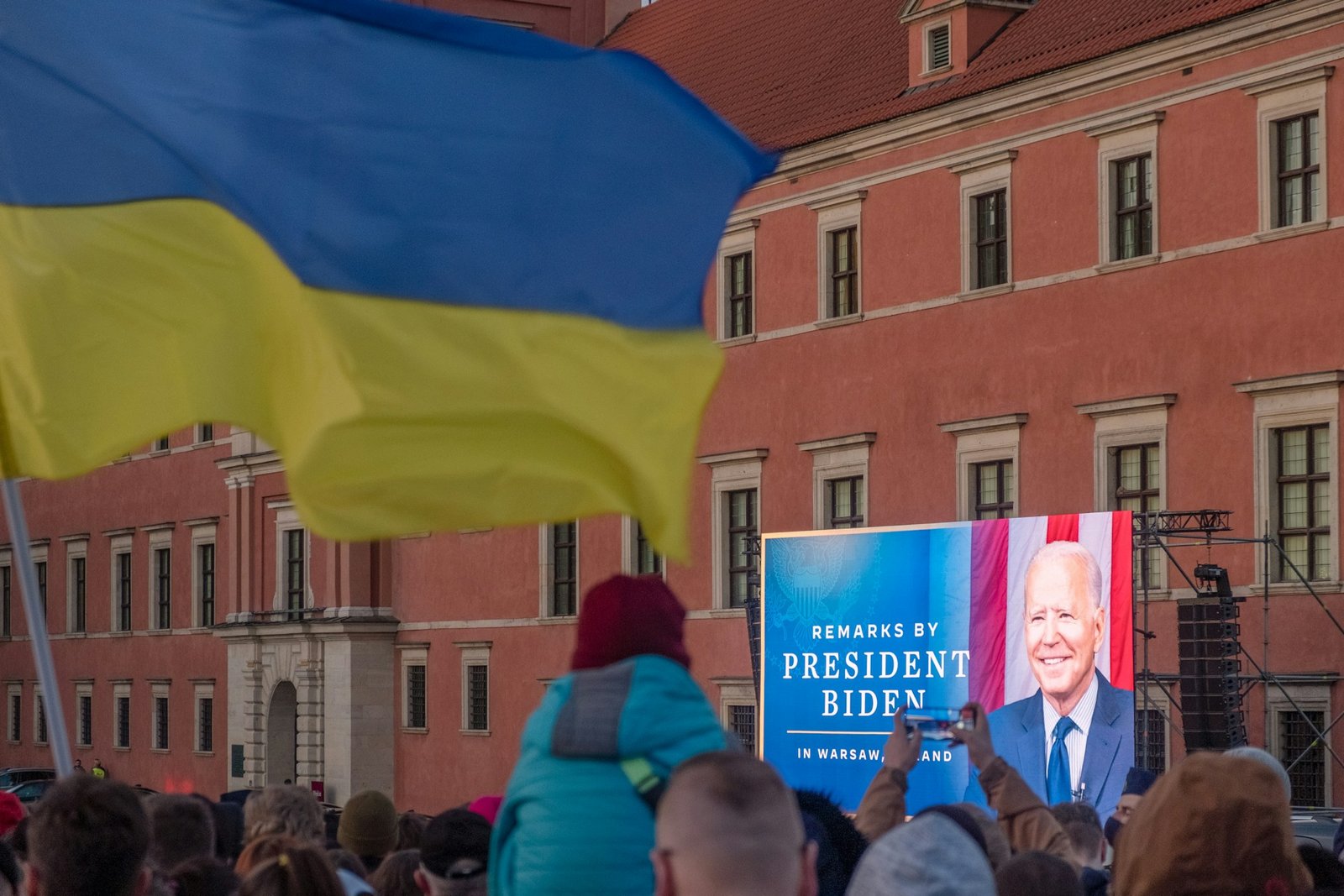September 25, 2024 – New York City, NY
In his final address to the United Nations General Assembly as President of the United States, Joe Biden delivered a resounding call for the international community to sustain its support for Ukraine in its fight against Russian aggression. Speaking before world leaders at the UN headquarters in New York on Tuesday, Biden framed the conflict as a defining moment for global democracy, urging nations to stand firm in the defense of Ukraine’s sovereignty.
“Ukraine’s fight is a fight for freedom,” Biden said. “It’s not just about the survival of a single country—it’s about the survival of the rules-based international order that has kept the peace since the end of World War II.”
In his remarks, Biden underscored the importance of collective action, calling on the UN to maintain unity in the face of growing geopolitical instability. He stressed that continued support for Ukraine—whether through military aid, humanitarian assistance, or economic sanctions on Russia—was essential to ensuring that democratic values prevail over authoritarianism.
“Our commitment to Ukraine is unwavering,” Biden said. “And it must remain so, not just for Ukraine, but for all nations who look to this body for leadership, security, and the rule of law.”
Biden’s speech comes at a critical time in the war, now in its second year, with Ukrainian forces engaged in a grinding counteroffensive to reclaim territory occupied by Russian troops. While Western nations, particularly NATO members, have provided billions in military and financial assistance, Biden’s remarks were aimed at shoring up support from countries in the Global South, some of which have been reluctant to take a firm stance against Russia.
“Every nation, regardless of size, has a stake in this conflict,” Biden continued. “Russia’s invasion violates the UN Charter, threatens the global economy, and sets a dangerous precedent.”
Despite his firm tone, Biden also struck a note of diplomacy, reiterating his administration’s openness to a peaceful resolution. “The United States, alongside our allies, remains committed to seeking a just and lasting peace—but this cannot come at the expense of Ukraine’s territorial integrity or its right to determine its own future,” he added.
The president’s address came at the tail end of a week-long gathering of the UN General Assembly, where world leaders convened to discuss pressing global issues such as climate change, economic inequality, and international security. As Biden’s tenure in office draws to a close, the speech is seen as a capstone to his foreign policy legacy, defined by a return to multilateralism and a focus on rebuilding alliances.
This marks Biden’s fourth and final appearance at the UN General Assembly as U.S. president. His administration’s handling of the Ukraine crisis has been a defining issue, and while support for his approach remains strong in many Western capitals, there has been growing debate within the U.S. over the long-term strategy and costs of backing Kyiv.
In addition to rallying support for Ukraine, Biden also touched on other global challenges, including the ongoing climate crisis, nuclear nonproliferation, and the rise of artificial intelligence. However, the spotlight remained squarely on Ukraine, with the president repeatedly warning of the consequences of failing to stand against Russian aggression.
“If we fail to support Ukraine, we risk a future where might makes right, and where borders are redrawn by force,” Biden warned. “That is not a world we can afford to live in.”
Biden’s call for solidarity was met with applause from some quarters of the assembly, though divisions remain, particularly among nations that have economic or historical ties to Moscow. Nevertheless, his speech was widely seen as a reaffirmation of U.S. leadership on the global stage, signaling a continued commitment to Ukraine even as the international landscape grows more complex.
As Biden left the UN podium for the final time as president, his message to the world was clear: the defense of democracy and the international order in Ukraine is a shared responsibility that transcends borders, ideologies, and economic interests. Whether the global community will heed his call remains to be seen.

Leave a Reply Cancel reply